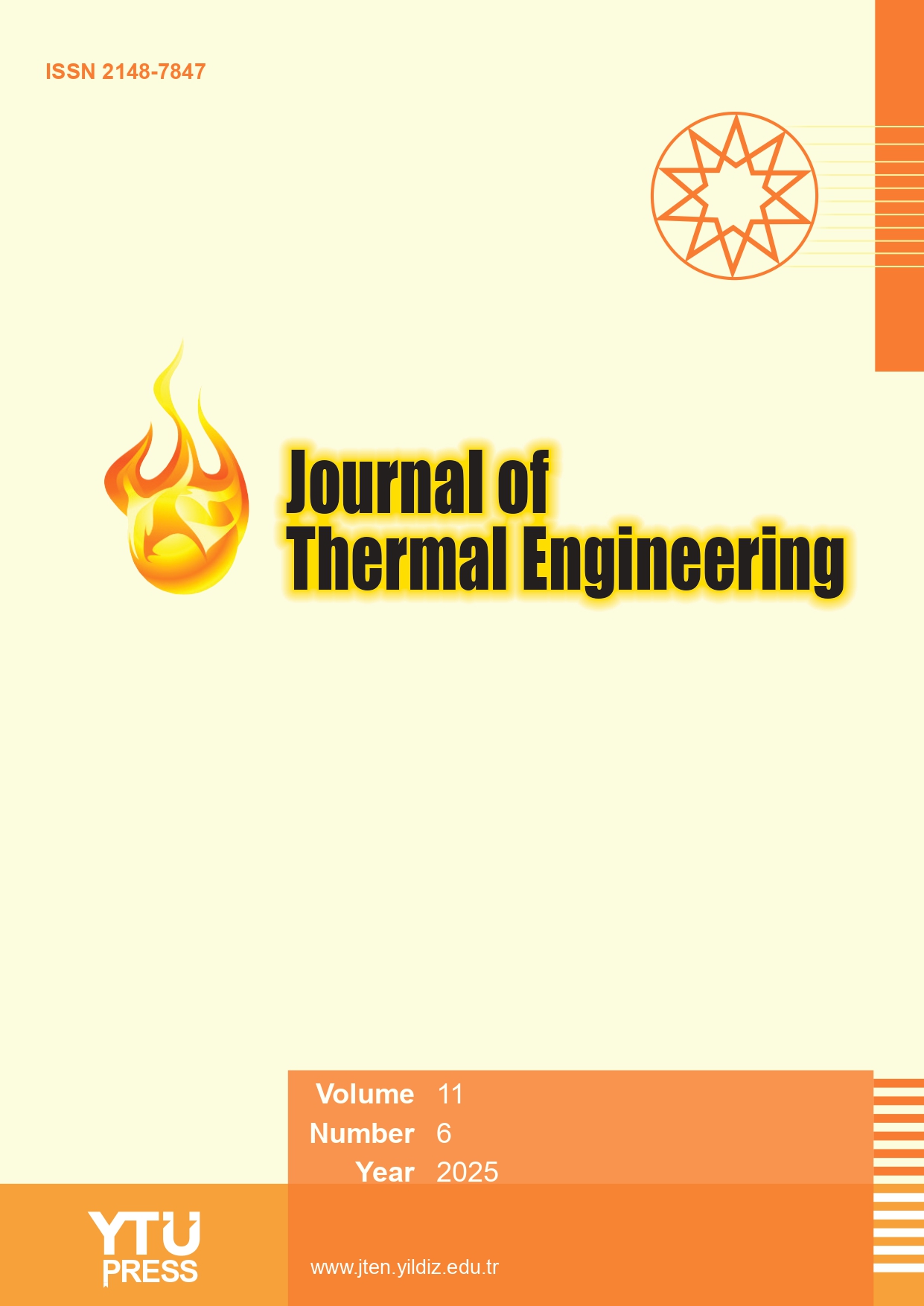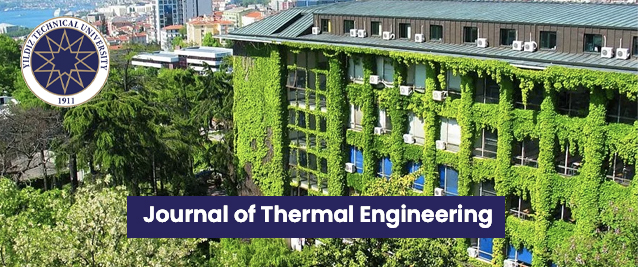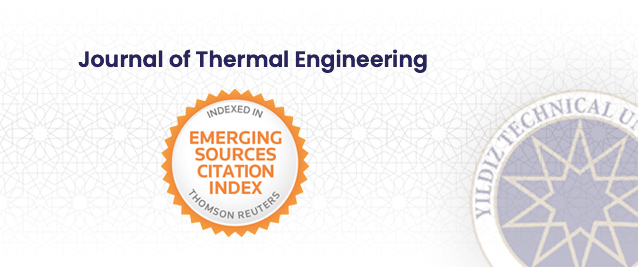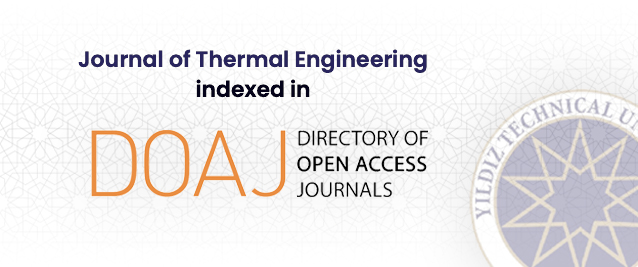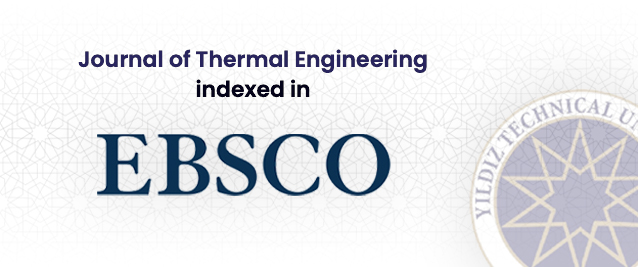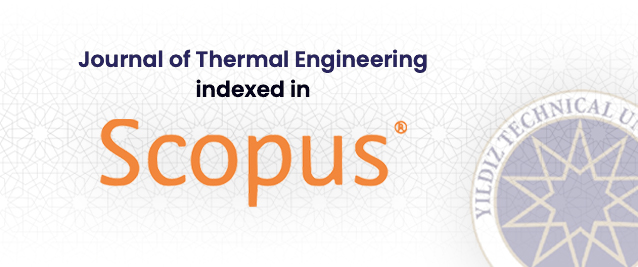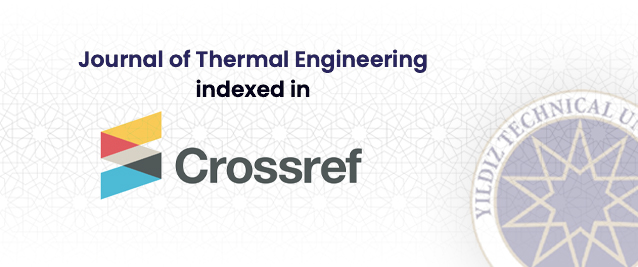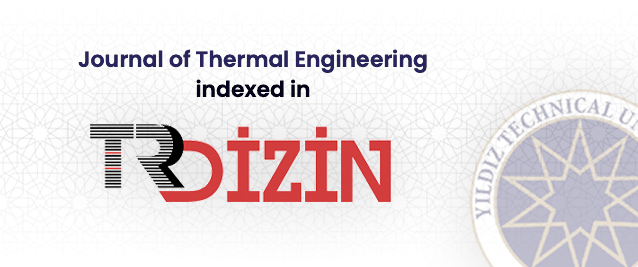2M.Sc. Energy Conversion and Management, Istanbul, TURKEY
Abstract
Hot water systems are being extensively used in residential as well as industrial contexts. Choice of insulation material’s thickness has a significant effect on total cost. The purpose of this study was to develop a simplified but accurate empirical method that allows to determine the optimum thicknesses of the insulation materials that are applied on the hot water pipes. In the first step, a comprehensive mathematical model was constructed for the calibration and validation purposes. Then, the heat transfer between the flow inside the pipe and the external environment was thermally modeled; followed by a calculation of fuel and insulation costs. After that, the total cost analysis method was applied in order to define the optimum insulation thickness. Later an empirical method was developed based on the mathematical model. Finally, the accuracy of the empirical method was tested, using a wide range of physical conditions as well as different insulation materials, pipe and fuel types. The standard optimum insulation thickness values were founded same for the all pipe types with the identical diameters. The heat losses can be reduced around 89, 88 and 83% by application of optimum insulation thickness to steel, copper and plastic pipes respectively. Larger pipes have higher net savings and lower payback periods. Fuel-oil is the least economic heating solution; therefore the application of insulation brings higher profits than the other fuels. Prediction accuracy of the empirical method is higher for the steel and copper pipes than the plastic pipes. An average matching rate of 91.4% indicated that the new method is a valid and time-saving alternative, which can be used in pipe insulation applications.


